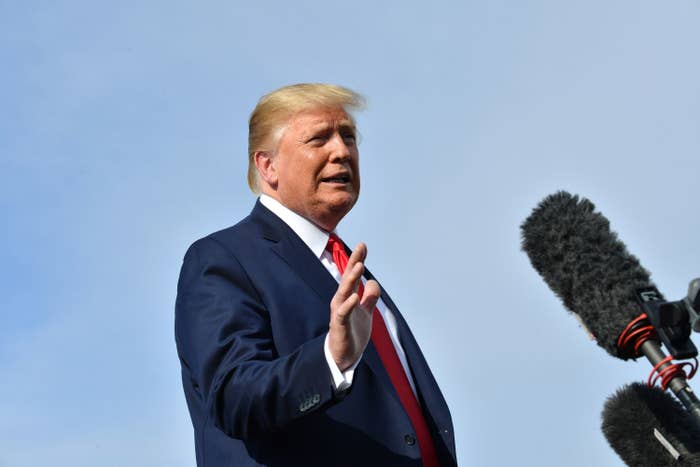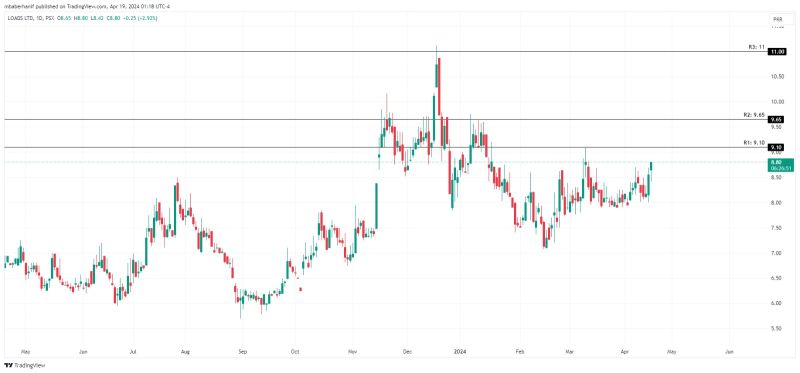The Geopolitical Implications Of Trump's Greenland Policy

Table of Contents
Resource Acquisition and Economic Interests
Greenland, a vast island with a sparse population, possesses untapped mineral wealth and strategic resources that have made it a focal point of global interest. This interest is further fueled by the effects of climate change which has opened up new possibilities for resource extraction and maritime access.
Mineral Wealth and Strategic Resources
Greenland's sub-soil holds vast quantities of rare earth minerals, uranium, and potentially significant oil and gas reserves. These resources are critical for modern technologies and global supply chains.
- Rare Earth Minerals: Essential for electronics, renewable energy technologies, and defense systems. Global demand is high, and China currently dominates the market.
- Uranium: A crucial component in nuclear power generation, making it a strategically important resource.
- Oil and Gas: While exploration is ongoing, the potential for significant hydrocarbon reserves adds another layer to Greenland's economic allure.
The economic incentives driving interest in Greenland's resources are immense. Control over these resources would grant significant leverage in global markets and reduce reliance on potentially unreliable suppliers. This competition, however, creates potential conflicts of interest between the US, China, and Russia, all vying for access to these valuable assets.
Fishing Rights and Maritime Access
Greenland's expansive fishing grounds are another significant asset, vital for its economy and food security. Access to these waters and the control of fishing regulations hold considerable geopolitical weight.
- Economic Importance: Fishing represents a crucial sector of Greenland's economy, contributing significantly to its GDP and employment.
- Regional Trade: Greenland's fishing industry supports regional trade and economic partnerships within the Arctic region.
- Potential Conflicts: Disputes over fishing quotas and access to Arctic waters could escalate tensions between competing nations.
Increased US influence in Greenland could significantly alter fishing regulations and access to these valuable waters, impacting regional stability and potentially sparking conflicts with other Arctic nations.
Strategic Positioning and Military Implications
Greenland's strategic geographic location in the Arctic makes it a crucial asset for military operations and surveillance. The melting ice caps, driven by climate change, are further increasing its geopolitical significance.
Military Bases and Arctic Security
Greenland's proximity to North America and its position along crucial Arctic shipping routes make it an ideal location for military bases and surveillance systems.
- Potential Bases: Establishing US military bases in Greenland would enhance its Arctic surveillance capabilities and provide a strategic advantage in the region.
- Defense Against Threats: This presence could serve as a counterbalance to potential Russian and Chinese activities in the Arctic, aiming to deter aggression and safeguard US interests.
- Environmental Impact: However, the establishment of military bases must consider the environmental fragility of the Arctic and the potential negative consequences of increased military activity.
The potential for increased militarization of the Arctic is a concerning aspect of the geopolitical implications of Trump's Greenland policy, highlighting the risks of escalating tensions in this sensitive region.
Climate Change and the Opening Arctic
Climate change is dramatically altering the Arctic landscape. Melting ice caps are opening up new shipping routes and making previously inaccessible resources easier to extract.
- New Shipping Routes: The Northwest Passage and other routes are becoming increasingly navigable, offering significant reductions in shipping times and costs.
- Resource Accessibility: Melting ice allows easier access to oil, gas, and mineral deposits, intensifying competition for these resources.
- Heightened Competition: This increased accessibility fuels greater competition for resources and influence in the Arctic, making Greenland even more geopolitically significant.
Climate change accelerates the strategic competition for resources and influence in the Arctic, turning Greenland into a key player in the region’s geopolitical future.
Impact on International Relations
Trump's Greenland proposal had a significant impact on international relations, particularly US-Danish relations and the broader context of great power competition.
US-Danish Relations
Trump's proposal to purchase Greenland caused considerable diplomatic friction between the US and Denmark.
- Diplomatic Fallout: The proposal was met with strong criticism from the Danish government, highlighting concerns about Greenland's sovereignty and damaging the close alliance between the two nations.
- Sovereignty Issues: The proposal raised crucial questions regarding Greenland's self-determination and the principles of national sovereignty.
- NATO Relations: The episode placed a strain on the broader relationship between the US and Denmark within the NATO alliance.
The long-term consequences for the US-Danish relationship remain to be seen, but the incident clearly demonstrated the potential for even seemingly minor geopolitical moves to have significant consequences.
Great Power Competition
Trump's Greenland policy must be understood within the context of growing great power competition between the US, Russia, and China in the Arctic.
- Other Global Players: Other nations, including China and Russia, also show a keen interest in Greenland's resources and strategic position.
- Increased Tensions: This rivalry increases the risk of heightened tensions and the potential for conflict in the Arctic region.
- Cooperation vs. Conflict: The future of the Arctic will depend on whether the international community can find ways to cooperate in managing this competition or whether it will lead to conflict.
The Arctic region is rapidly becoming a focal point of great power competition, and Greenland is now a key piece in this complex geopolitical puzzle.
Conclusion
Trump's Greenland policy, while ultimately unsuccessful in its primary aim, highlighted the profound geopolitical implications of Arctic developments. The interplay of resource control, strategic positioning, and international relations underscores the increasing importance of this region. The long-term consequences for Greenland, the US, and the Arctic as a whole are still unfolding. Greenland’s geopolitical future is inextricably linked to global power dynamics and climate change, presenting a complex challenge for international cooperation.
To understand the evolving power dynamics in the Arctic and the long-term implications of Trump’s legacy in Greenland, further research is essential. Explore resources from reputable organizations focusing on Arctic geopolitics and Greenland's sovereignty. Engage in informed discussions about the future of this critical region and the implications for global security and stability. Let’s delve deeper into the complexities of Greenland's geopolitical future and the implications of Arctic power dynamics.

Featured Posts
-
 Pogoda V Permi I Permskom Krae V Kontse Aprelya 2025 Prognoz Pokholodaniya I Snegopadov
May 09, 2025
Pogoda V Permi I Permskom Krae V Kontse Aprelya 2025 Prognoz Pokholodaniya I Snegopadov
May 09, 2025 -
 Public Outcry In Alaska Hundreds Demonstrate Against Doge And Trump Administration Initiatives
May 09, 2025
Public Outcry In Alaska Hundreds Demonstrate Against Doge And Trump Administration Initiatives
May 09, 2025 -
 Democratizing Stock Investment The Jazz Cash K Trade Partnership
May 09, 2025
Democratizing Stock Investment The Jazz Cash K Trade Partnership
May 09, 2025 -
 Dakota Johnson Kraujingos Nuotraukos Tiesa Apie Incidenta
May 09, 2025
Dakota Johnson Kraujingos Nuotraukos Tiesa Apie Incidenta
May 09, 2025 -
 Stiven King Pro Maska Ta Trampa Zrada Chi Politichna Zayava
May 09, 2025
Stiven King Pro Maska Ta Trampa Zrada Chi Politichna Zayava
May 09, 2025
